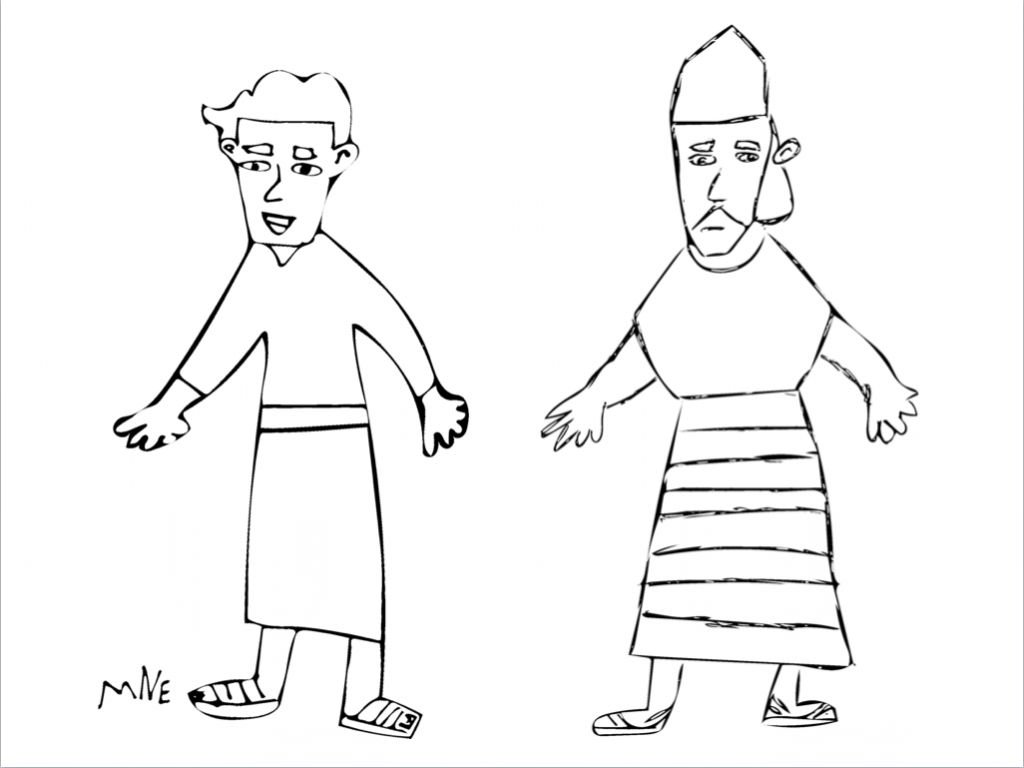Series Introduction
I’m facilitating an online Koine Greek reading group and we’re working through the short and apocryphal book of Bel and the Dragon. The text we’re using is the Old Greek (OG) version from Henry Barclay Swete’s 1909 edition of The Old Testament in Greek: According to the Septuagint. I will be posting the text here each week with accompanying vocabulary glosses for words that appear fewer than fifty times in the Greek New Testament. I will also try to throw in some brief commentary and illustrations.

4b Δανιὴλ δὲ προσηύχετο πρὸς Κύριον· καὶ εἶπεν ὁ βασιλεὺς τῷ Δανιήλ Διὰ τί οὐ προσκυνεῖς τῷ Βήλ;
5 καὶ εἶπε Δανιὴλ πρὸς τὸν βασιλέα Οὐδένα σέβομαι ἐγὼ εἰ μὴ Κύριον τὸν θεὸν τὸν κτίσαντα τὸν οὐρανὸν καὶ τὴν γῆν καὶ ἔχοντα πάσης σαρκὸς κυρείαν.
Verse 4b
Δανιηλ, Daniel
Verse 5
Δανιηλ, Daniel
κτίζω, to create
κυριεία, authority
σέβω, to worship
Translation and Commentary
4b But Daniel was praying to the Lord. And the king said to Daniel, “Why do you not fall down and worship Bel?”
5 And Daniel said to the king, “I worship no one except the Lord God, the creator of heaven and earth and who has authority over all flesh.
According to BDAG, διὰ τί is an idiom used in direct questions to ask “Why?” (225). The first time the description of God as “creator of heaven and earth” appears in the Bible is Gen. 14:9 when Melchizedek blesses Abram.
Want to read more? Continue to Bel and the Dragon Part 4
For more resources on Bel and the Dragon try the following:
Bel and the Dragon in A New English Translation of the Septuagint
An Introduction to the Apocrypha by Bruce M. Metzger
Daniel, Esther, and Jeremiah: The Additions by Carey A. Moore
Daniel: A Commentary on the Book of Daniel by John J. Collins
0 Comments